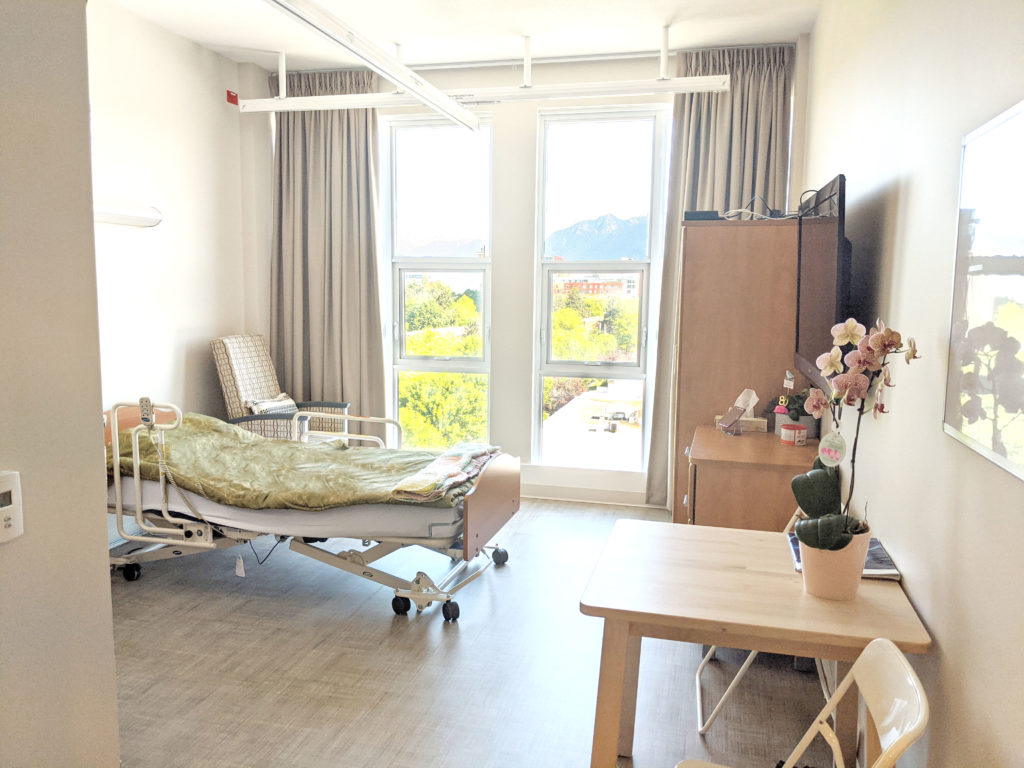Every stage of life needs to be planned ahead of time, and any stage designed ahead of time is automatically easier. The same law applies to long-term care, which is what you need when you get old. At that point in your life, you need and deserve the most comfort and care. If you have a plan for that phase, you are good to go and don’t have to worry about what will happen next. Barrie’s long-term care home is a big part of these plans for the future. Statistics show 70% of people over 60 will need Barrie long term care home.
Long-term care facilities in Barrie take care of people who can’t care for themselves, either temporarily or permanently. That care is centered on services that work to improve or maintain health, well-being, and physical and mental function, as well as encourage independence and make life as good as possible. Long-term care facilities are available in various types and levels of care to meet the needs of various people. Here, we’ll talk about the different types of facilities and the benefits they offer to the people they help.
- Assisted Living Facility
People who need help with their medical care or personal care can live in assisted living facilities. They offer a variety of services to help residents live as independently as possible. Residents can live in apartments, individual rooms, or shared spaces. Most of the time, these places feel very much like home. Services vary by facility, but often include meals, social and recreational activities, monitoring of medications, supervision, personal care services, housekeeping, laundry, and in many cases, some medical services. These facilities help people who can’t live independently because it’s hard, dangerous, or lonely but don’t need the level of care that nursing homes or skilled nursing facilities offer.

- Rehabilitation Facilities
People with debilitating injuries, surgeries, or medical events can get expert help to recover and get back on their feet at these facilities. The goal of care in these places is to help people reach their health and abilities back after these health problems, so they can go back to living on their own as soon as possible.
A group of rehabilitation specialists from different fields works together to create individual treatment plans for each patient, including intensive therapy and care. Patients who get this kind of home care instead of senior care in Barrie tend to get better faster, more thoroughly, and more functionally than those who get less intensive recovery and rehabilitation care.
Nursing Homes And Skilled Nursing Care
Even though the terms nursing home care and skilled nursing care are often used as if they mean the same thing, there can be significant differences between the two, even though both types of care may be offered in the same place.
People with health problems who need skilled nursing care daily can get help at skilled nursing facilities. Patients can stay for a few weeks or months to recover and get back on their feet after a severe medical event or move in permanently if they need care for a long time.
Some of the things that are part of the service are medical care, personal care, and physical, occupational, and speech therapy. People with either short-term or long-term health problems who need care and medical supervision 24 hours a day can benefit from skilled nursing facility care.
People who must be watched and cared for 24 hours a day can also get care in a nursing home. But they are different from skilled nursing facilities because they mainly help people with non-medical tasks like bathing, dressing, grooming, and eating. People who don’t need professional medical care every day but have physical or mental disabilities that require help with personal care and supervision for their continued health and well-being can benefit from nursing home care.
- Alzheimer’s Care
There are many places to live for people with dementia or Alzheimer’s. Support is available 24 hours a day, and there are planned activities to ensure a person is safe and has a good quality of life.
Most of the time, Alzheimer’s care is given in an assisted living facility, but it can also be provided in nursing homes and sometimes in personal care homes. People who live in long-term care facilities for Alzheimer’s live in semi-private apartments and do structured activities with the help of trained staff.
- Residential Care Homes
Most of the time, these private homes are for a group of people who live together and get care from caretakers who live there. Most residential care homes offer assisted living for people who want more privacy and a community that feels like home. Most nursing homes provide help with activities of daily living, but other services and amenities vary from home to home.
- Continuing Care Retirement Communities
Continuing Care Retirement Communities are places where people live and get care at different levels. How much care someone needs depends on where they live. In the same community, there may be homes or apartments for people who still live on their own, an assisted living facility for people who need some help with daily care, and a nursing home for people who need more care. Residents move from one level of care to another based on their needs, but they still live in the same place.
Before a person moves into a CCRC, they usually have to pay a hefty fee. This is called an “entry fee.” The fees depend on whether the resident owns or rents the living space, the size, and location of the residence, the amenities chosen, whether the living space is for one or two people, the type of service contract selected, and the resident’s current risk of needing intensive, long-term care.
Do Long-Term Care Needs Change With Time?
Care for people with long-term conditions usually gets better over time. At first, they might only need help bathing, cooking, eating, or getting dressed twice a week. As a disease like Alzheimer’s gets worse, the person may need hands-on care or constant supervision 24 hours a day.
Care in a facility might only last for a short time, like when an older person breaks a hip and needs time in a rehab hospital to get back to everyday life. The other extreme is when someone has a severe stroke and needs to stay in a skilled nursing facility for months or even years.
End Note
A needs assessment can help if you look at long term care Barrie options for yourself or a loved one and try to decide which one will best meet your current needs. These tests determine if a person is eligible for care in a facility or in their own home. You can get help getting these assessments from hospital social workers, discharge planners, primary care doctors, or senior centers in your area.






